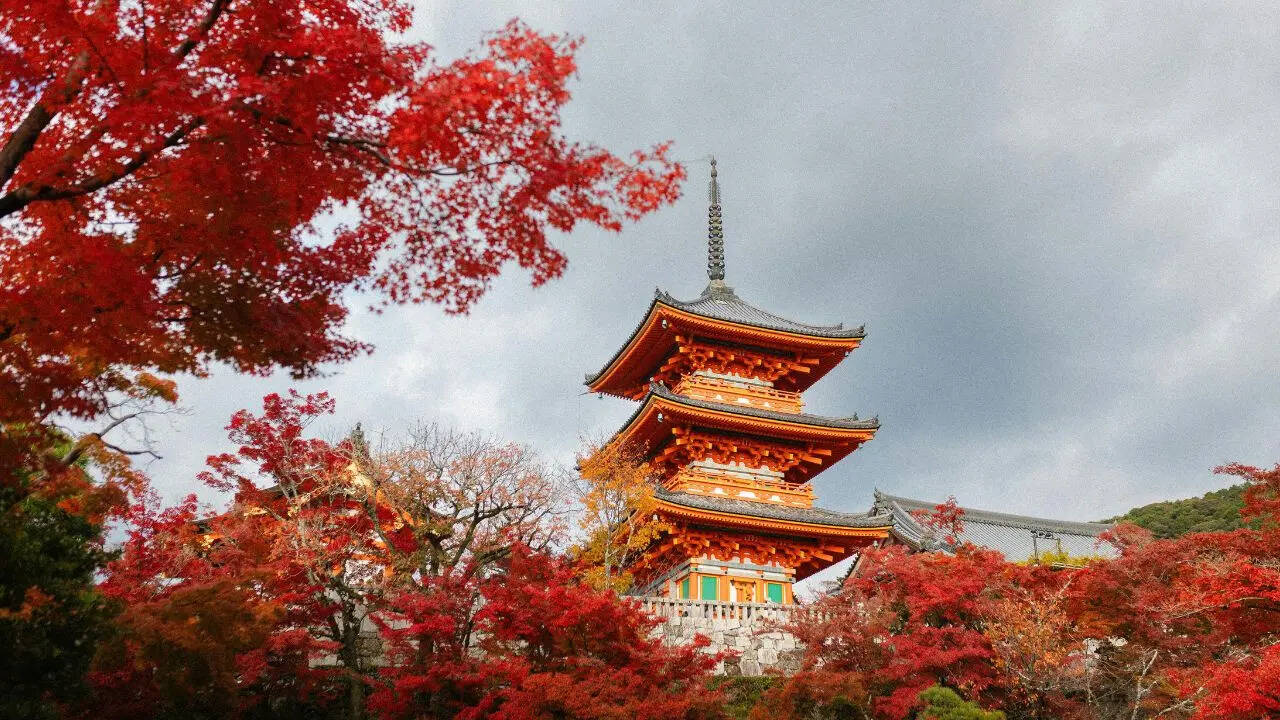
Kyoto To Introduce Japan’s Highest-Ever Hotel Tax From 2026 To Curb Overtourism

Japan’s ancient capital, Kyoto, is planning a major step to manage its growing tourist crowds. Starting March 1, 2026, visitors will pay Japan’s highest-ever hotel tax, with rates going up to JPY 10,000 (around USD 68 or INR 5,886) per person, per night at luxury stays. The city’s new tax rates aim to create a more sustainable tourism system and reduce the pressure on local communities, which are reeling under overtourism that has become a pertinent issue for Japan.
This move comes after final government approval, marking the first major hotel tax hike in Japan since 2018.
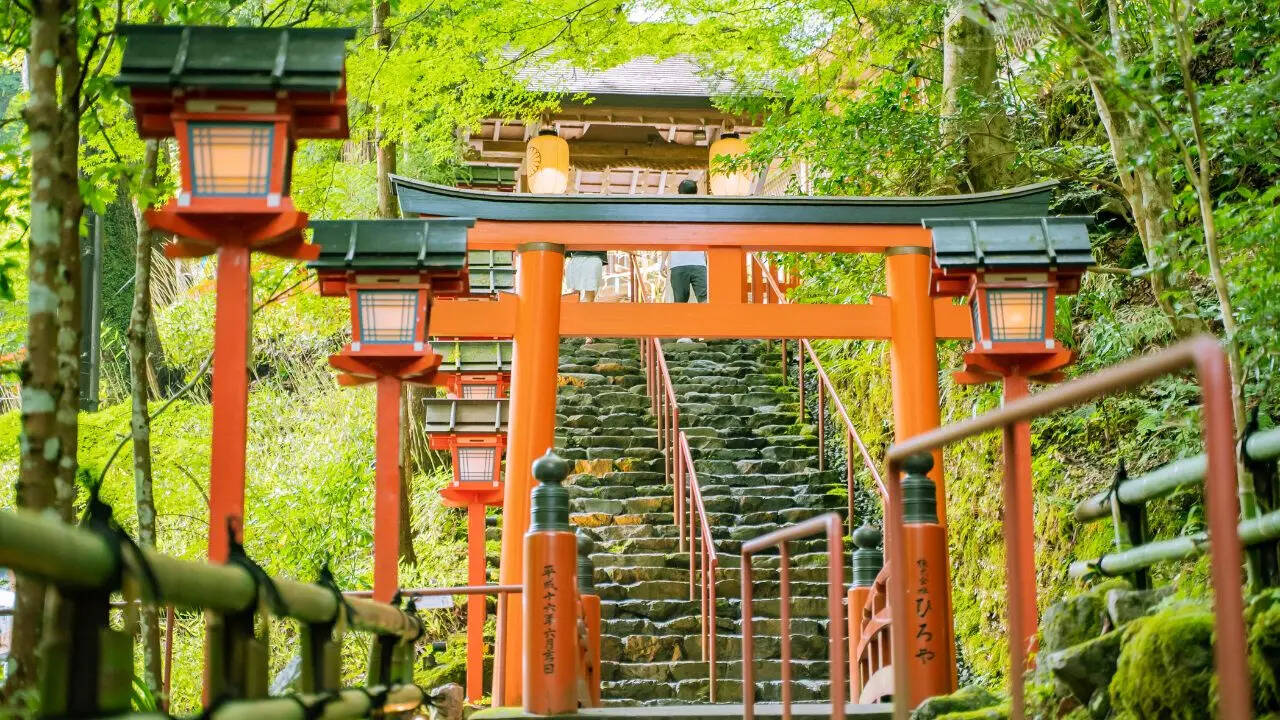 Starting March 1, 2026, visitors will pay Japan’s highest-ever hotel tax, with rates going up to JPY 10,000 (around USD 68 or INR 5,886) per person, per night at luxury staysNew Kyoto Hotel Tax Rates (Effective March 2026)JPY 200 (INR 117) for stays under JPY 6,000 (INR 3,532) — unchangedJPY 400 (INR 235) for stays between JPY 6,000 and JPY 20,000 (INR 11,773)JPY 1,000 (INR 588) for stays between JPY 20,000 and JPY 50,000 (INR 29,433)JPY 4,000 (INR 2,354) for stays between JPY 50,000 and JPY 100,000 (INR 58,867)JPY 10,000 (INR 5,886) for stays above JPY 100,000 (INR 58,867) per nightStudents and teachers on official school trips will be exempt from this new levy.
Starting March 1, 2026, visitors will pay Japan’s highest-ever hotel tax, with rates going up to JPY 10,000 (around USD 68 or INR 5,886) per person, per night at luxury staysNew Kyoto Hotel Tax Rates (Effective March 2026)JPY 200 (INR 117) for stays under JPY 6,000 (INR 3,532) — unchangedJPY 400 (INR 235) for stays between JPY 6,000 and JPY 20,000 (INR 11,773)JPY 1,000 (INR 588) for stays between JPY 20,000 and JPY 50,000 (INR 29,433)JPY 4,000 (INR 2,354) for stays between JPY 50,000 and JPY 100,000 (INR 58,867)JPY 10,000 (INR 5,886) for stays above JPY 100,000 (INR 58,867) per nightStudents and teachers on official school trips will be exempt from this new levy.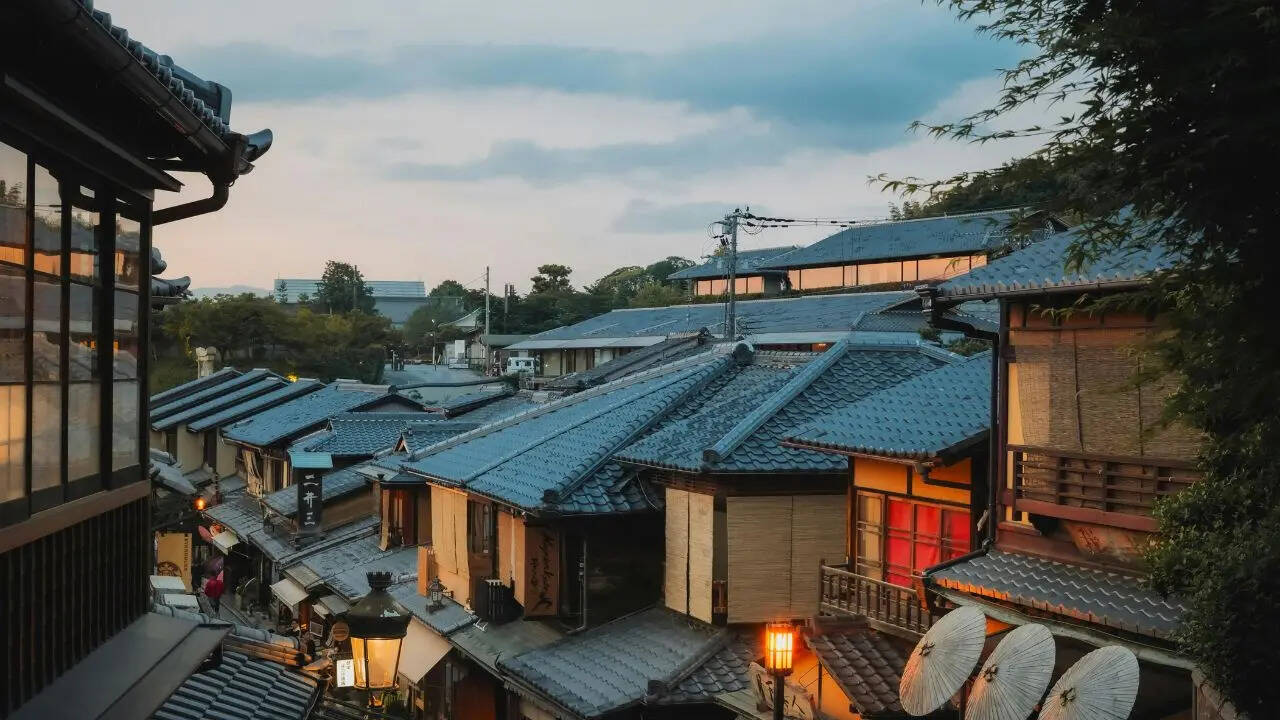 According to reports, Kyoto’s tax revenue from accommodations is expected to double from JPY 5.9 billion to JPY 12.6 billion in the next fiscal year
According to reports, Kyoto’s tax revenue from accommodations is expected to double from JPY 5.9 billion to JPY 12.6 billion in the next fiscal year
Why Kyoto Is Increasing Its Hotel TaxThe extra funds from the hotel tax will support sustainable tourism projects such as better multilingual information services, etiquette awareness campaigns, and a new express bus linking Kyoto Station to the scenic Higashiyama temple district.
According to reports, Kyoto’s tax revenue from accommodations is expected to double from JPY 5.9 billion to JPY 12.6 billion in the next fiscal year, helping the city invest more in tourist management and local infrastructure.
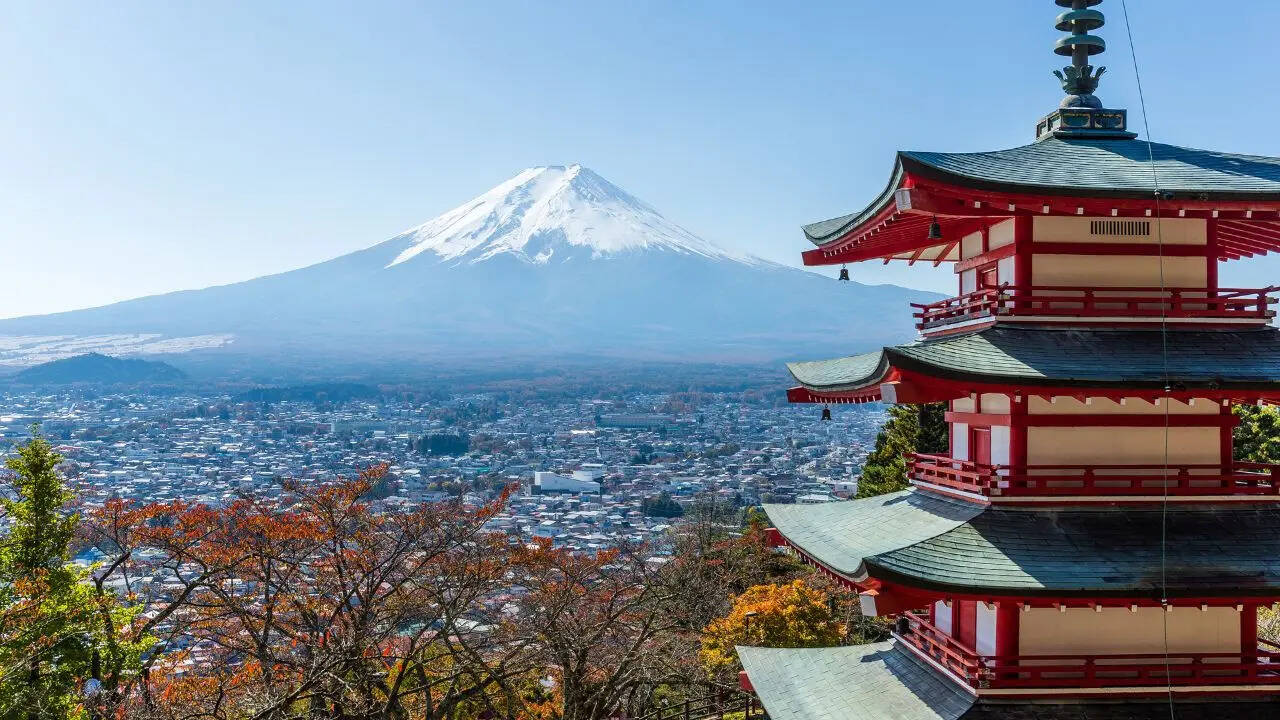 Kyoto’s decision follows a growing trend across Japan, where overtourism has begun to strain local communities.
Kyoto’s decision follows a growing trend across Japan, where overtourism has begun to strain local communities.
Overtourism Challenges Across JapanKyoto’s decision follows a growing trend across Japan, where overtourism has begun to strain local communities. Residents have complained about overcrowded streets and disrespectful tourist behaviour, especially in areas like Gion, where geisha have faced harassment.
Elsewhere in Japan, measures are also being taken. These include entry fees and visitor caps at Mount Fuji to day-trip limits in Ginzan Onsen, a popular hot spring village in Yamagata, which saw overcrowding in winter last year. These steps aim to preserve Japan’s cultural heritage and ensure tourism remains sustainable in the long run. As global travel rebounds, Japan’s most loved destinations are trying to balance popularity with preservation, and Kyoto’s record hotel tax is the latest sign of that shift.
Travel News – Find latest news and tips based on Indian and World travel including top 10 travel destination, tourism information, how to reach visit and more at Times Now.

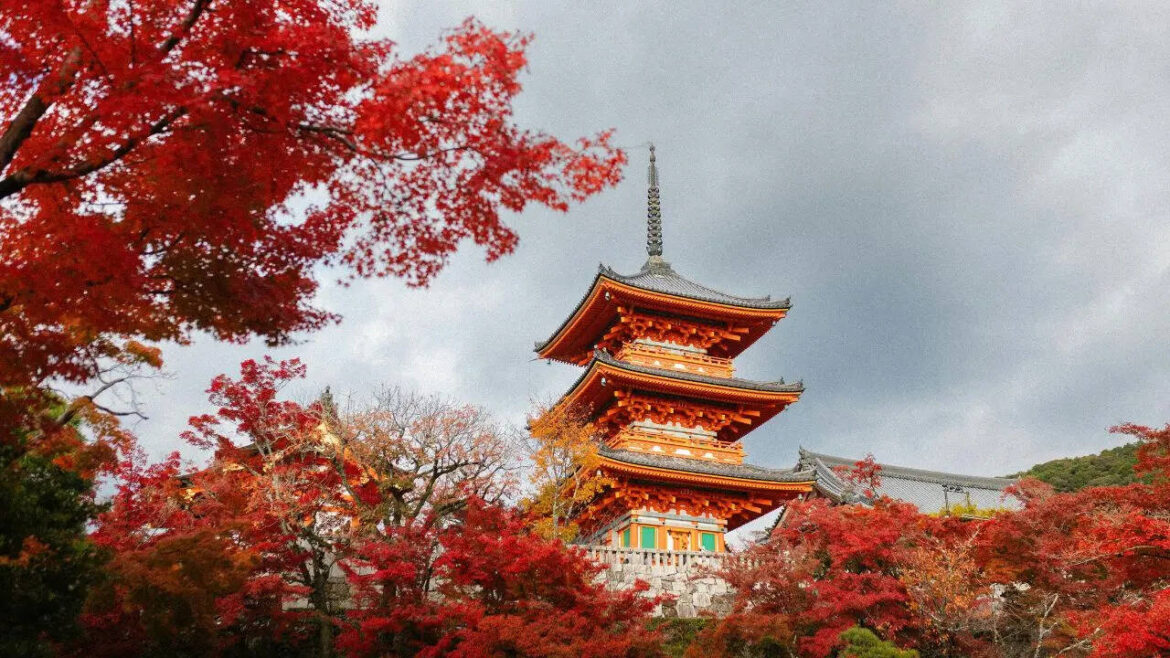
AloJapan.com